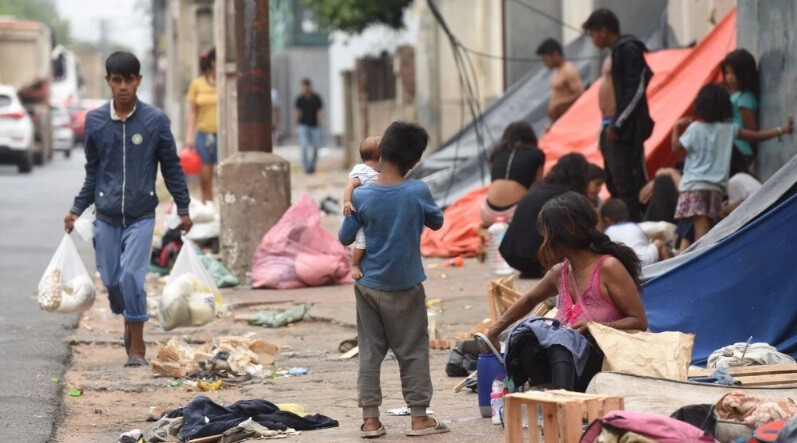
As the government's term progresses, there's an increase in selective measures that only benefit the already wealthy, while the quality of life for the majority of citizens deteriorates. They are trapped in a dark tunnel, struggling with financial hardship and unable to see even a glimmer of hope.
This behavior is especially evident in the government's excessive use and packaging of achievements in the sports sector. This can have a positive effect on elevating the national image and attracting both domestic and foreign investment, which is essential for growth. It's undeniable that the government is working to build a better nation and has improved its ability to secure debt for infrastructure construction by obtaining an investment grade. However, this increase in borrowing will ultimately become a burden on future generations. In particular, some bonds are merely being used to repay interest, causing the debt to grow and snowball.
At the same time, there has been little progress in reorganizing the rigid national system. Public administration still faces chronic problems. Collusive bidding, manipulated purchases by state-owned enterprises, and the practice of cronies entering public institutions without any kind of examination continue. This shows how deeply rooted the widespread corruption is.
Sporting achievements, such as the Asunción 2025 Pan American Junior Games, the Itaipu Rally World Championship, and the Paraguayan national football team's qualification for the World Cup finals, are raising expectations that they will boost people's emotions and hopes, as well as increase employment and income, thereby enhancing social dynamism.
However, the dissatisfaction of citizens who have been demanding better performance from the government for a long time continues to grow. Because they are unable to raise a unified voice, they are ignored or their demands are continuously postponed.
The most tragic case is the dissolution of the National Indigenous Institute (INDI), which was supposed to protect indigenous rights. This institution had almost never properly addressed indigenous issues from the beginning, but it has been further weakened by administrative fragmentation. The closure of its Asunción office and the decentralization of its work to the provinces has further degraded the quality of its services. The head of the institution has even admitted that he knows very little about indigenous issues.
The highest echelons of power are ignoring these problems and only appearing at elite events that can garner applause and cheers. The economic benefits of these events are limited to specific social classes. It is now time to face the reality of the marginalized. The lives of horticultural and sugarcane farmers, pensioners whose future resources are threatened, workers below the minimum wage, and the unemployed are miserable.
What Paraguay desperately needs is a shift in attitude from excessive triumphalist displays to confronting reality. Through this balance, solutions to deepening social problems can be found.
[Copyright (c) Global Economic Times. All Rights Reserved.]



























